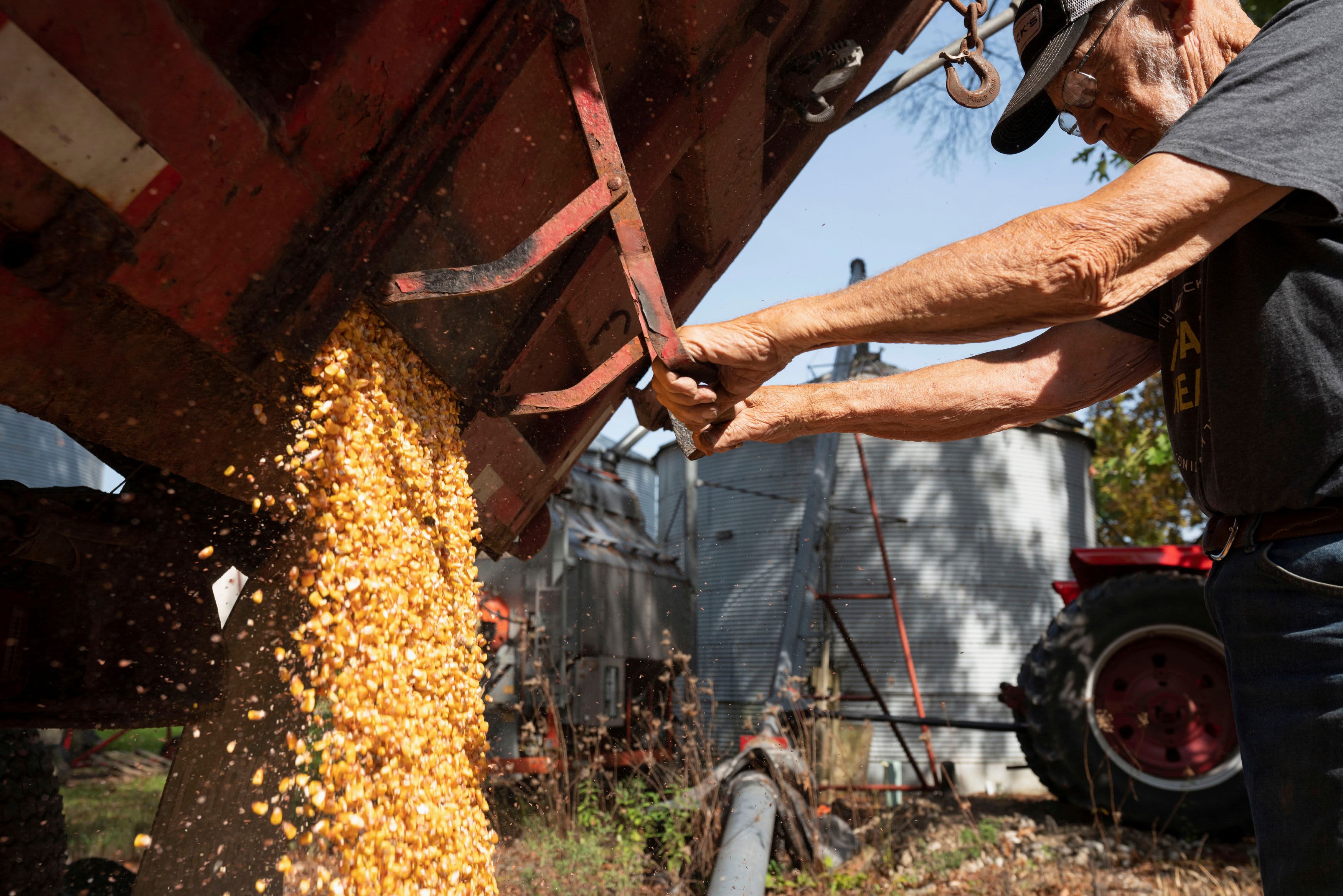As parents face limits on how much baby formula they can buy in many drug stores or grocery stores due to prolonged product shortages, retail groups are now urging consumers to not hoard formula.
“Please only buy what you need for the next two weeks, with the understanding that if you buy more, it stresses the system even more,” Erin Sigrist, the president of the Vermont Retail and Grocers Association, said in an interview Monday with NECN & NBC10 Boston.
WATCH ANYTIME FOR FREE
>Stream NBC10 Boston news for free, 24/7, wherever you are. |
Baby formula shortages have been frustrating parents for a few months now.
“It’s not something that any mother or any parent should ever have to worry about — feeding their child,” Michelle Perruzzi, a Connecticut mom, told NBC News in February, describing the challenges locating her son’s formula.
Get updates on what's happening in Boston to your inbox. Sign up for our >News Headlines newsletter.
Getting your hands on infant formula has only become more difficult since then.
That April number, which has worsened since the beginning of the year, is blamed on a one-two-punch of supply chain issues and product recalls during a federal investigation into whether a handful of brands were possibly contaminated with bacteria.
More consumer news
“We expect to continue to see the baby formula category being dramatically affected by these conditions,” cautioned Ben Reich of Datasembly. “Baby formula stock has been one of the more affected categories so far in 2022, and one that will continue to demonstrate higher than average out-of-stock levels.”
Late last month, federal safety inspectors raised sanitation concerns about the formula maker Abbott’s Michigan plant, which was at the center of the voluntary recall.
More info on the recall is available from the FDA.
The Vermont Retail and Grocers Association agreed consumers will likely notice continued headaches in finding some of their favorite products in the near term.
“Manufacturers are continuing to respond to the demand, and we hope the hiccups will be hammered out within the year,” Sigrist said.
Sigrist reiterated her request to shoppers to respect store limits and to not hoard baby formula — so other families who need it will not face additional challenges.
At the nonprofit Vermont Donor Milk Center, which sells breastmilk to parents who have prescriptions from their pediatricians, co-executive director Rachel Foxx said the formula shortage has led to new interest in the center as an option.
“We’re getting a lot more phone calls asking questions about donor milk,” Foxx said.
However, because of all the work to screen and pasteurize milk contributed by nursing moms, buying it is pricier than powder formulas would be in the store, Foxx noted.
Foxx explained the uptick in interest has come from both prospective contributors and parents in search of milk for their babies.
“Because we’ve never had a recall, we can confidently say our milk is very safe,” Foxx said.
Meanwhile, Abbott, the manufacturer involved in the voluntary formula recall, acknowledged in a statement Friday how millions of parents may be feeling stress and anxiety due to the recall coinciding with the supply chain challenges.
The company said while it works with the FDA to reopen its paused plant in Michigan, it’s also increasing production at facilities in Ohio and Ireland — to help restock store shelves.



